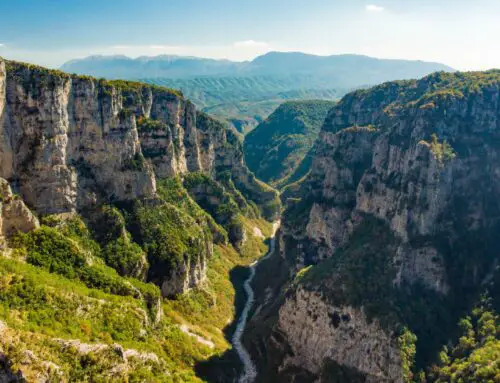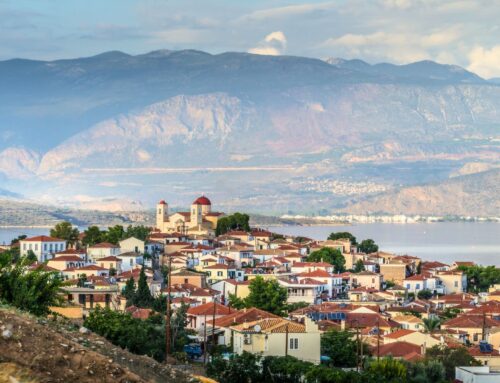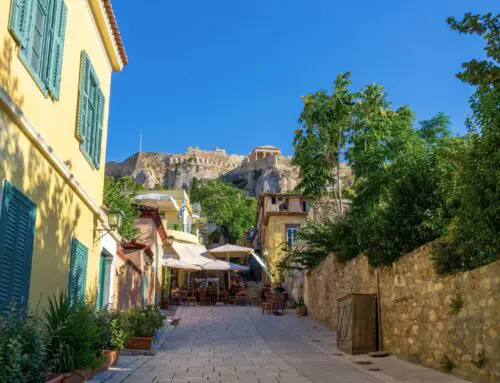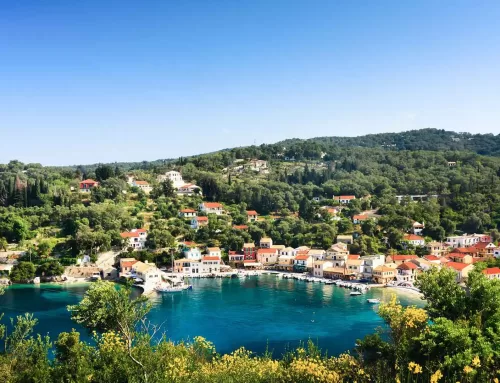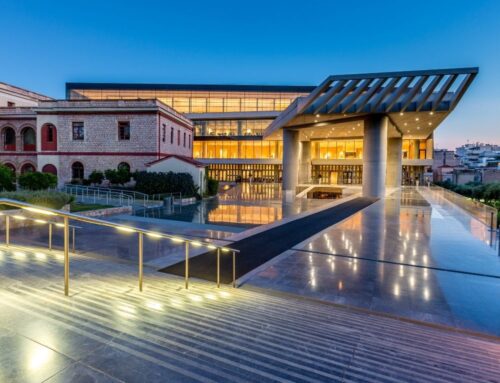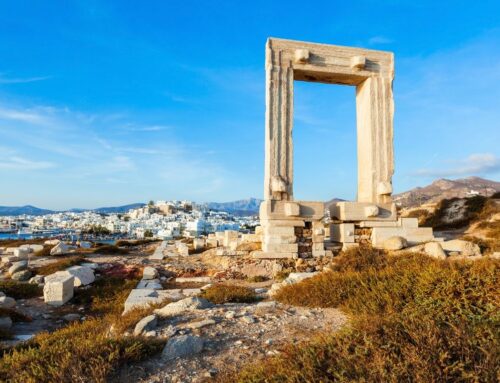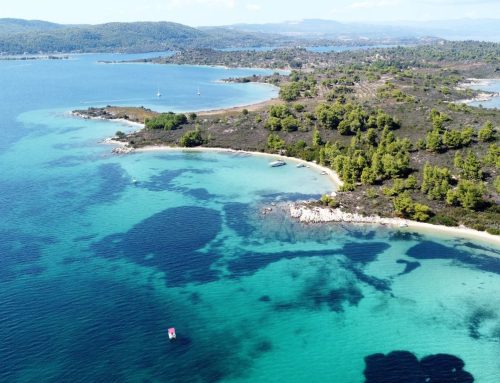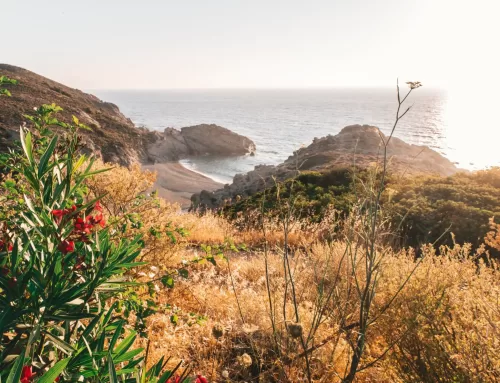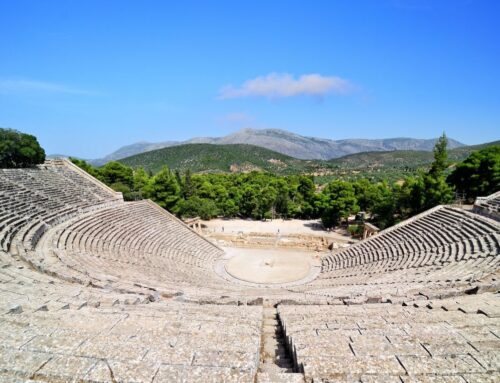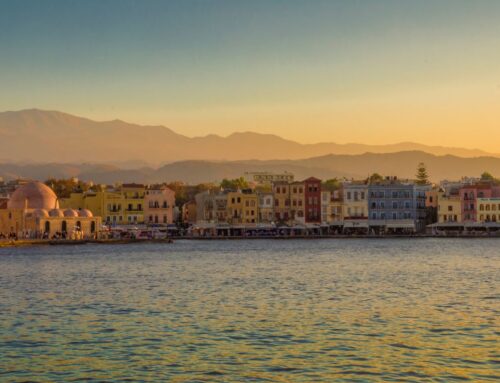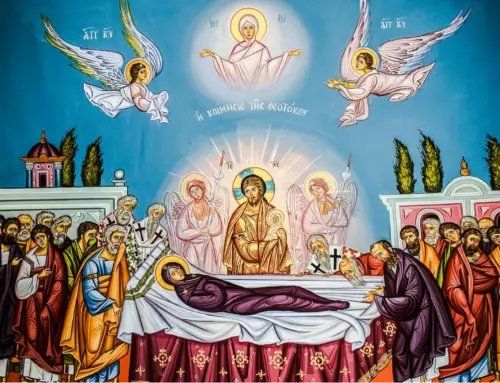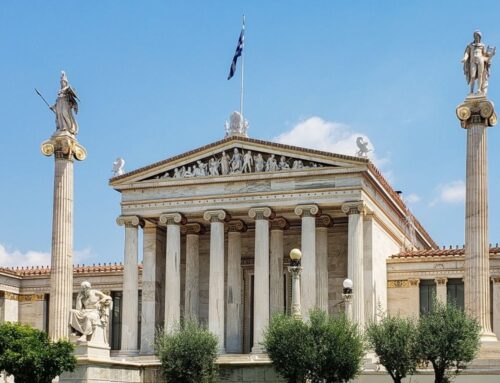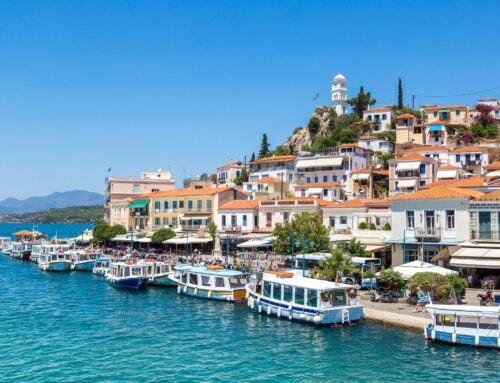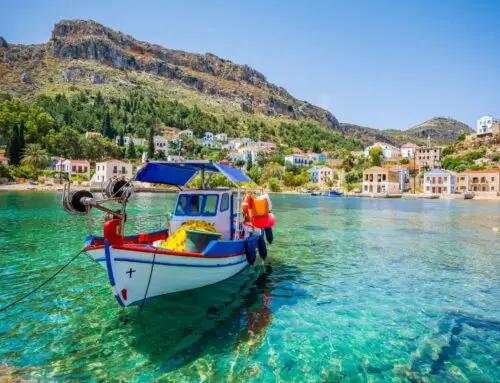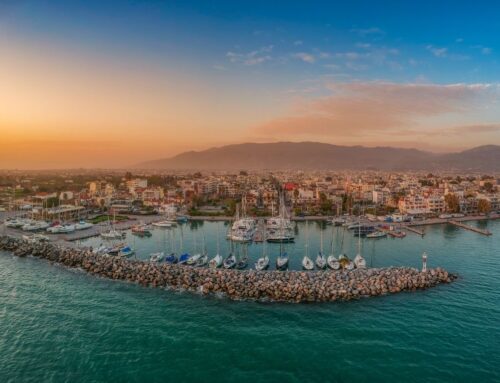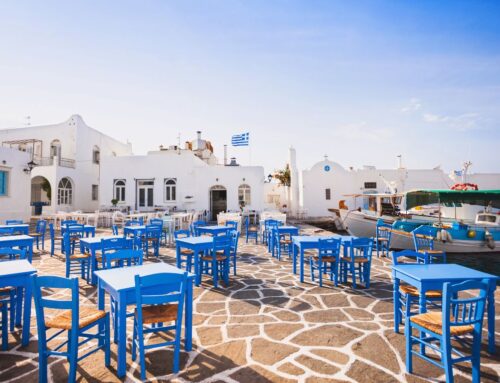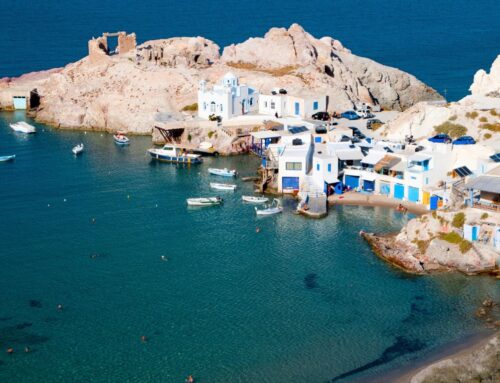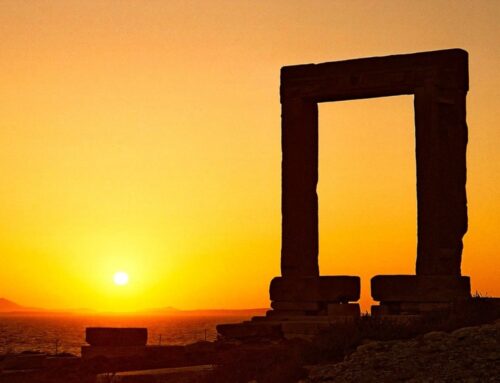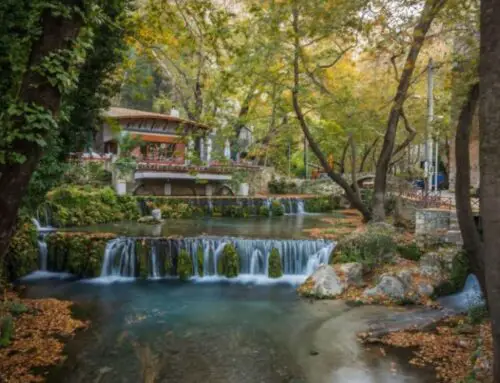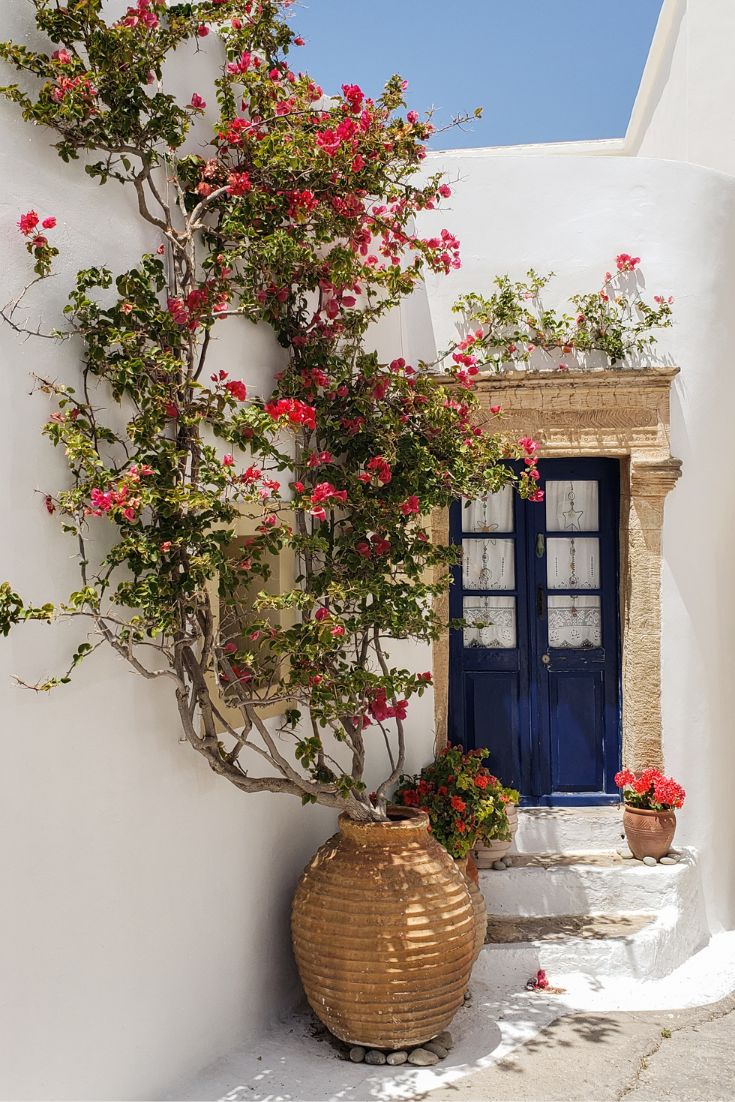The Most Common Greek Names and When They Are Celebrated
The Most Common Greek Names and When They Are Celebrated
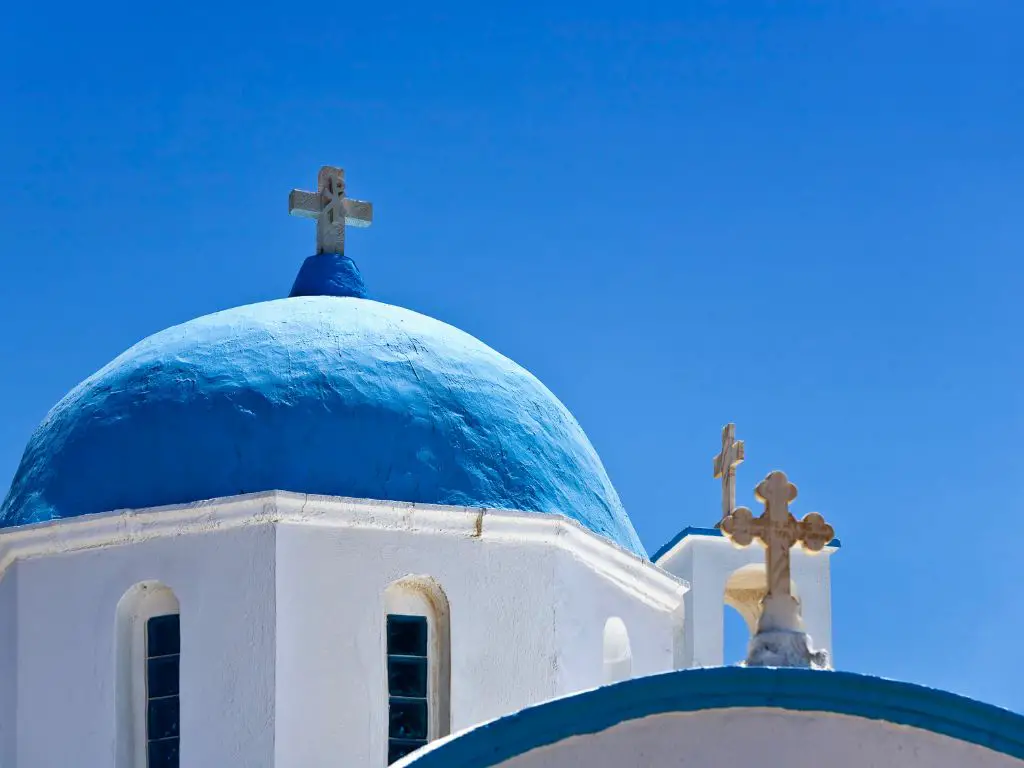
☞ Table of Contents:
There are some names that withstand the test of time, they remain popular, used by generations of people without becoming outdated.
One of the main reasons why some of these names dominate is the naming ritual that a lot of people still follow. When a couple has a child in Greece, first naming rights will go to the grandparents on the father side. Usually if the first child is a boy, it will be named after his grandfather on his father side. If the firstborn is a girl, they might also get the name of her grandfather on her father’s side or that of her grandmother. This also depends on how many children the couple is planning on having and how possible it is for the names to be used for both sexes. In some cases, if the first born is a girl they might also be named after the mother’s mother.
This all may sound awfully complicated but in reality there are no specific rules.
It is very common to hear people in Greece talk about giving a name because it hasn’t been “sounded” or given before. By that they mean that the name of one of the grandparents on either side has not been used. That can easily happen when one of the parents has a large family with older siblings that already have children that carry the name of their grandparents. So, to balance the scales they might name a child after the grandparents that haven’t been fortunate to have their name given to a grandchild.
In modern times, more and more couples are breaking this tradition by giving whichever name sounds more fitting to them. However, the ritual is still very much in use!
This naming ritual explains one of the most common stereotypes of the Greek culture. If you have watched by Big Greek Fat Wedding, you will know exactly what I am referring to.
How is it possible to have five people in one family named Nikos? Easy! Because the grandfather Nikos wants his children to name at least of their own kids after him. If grandpa Nikos has three sons and a daughter, his sons will name their first boy after their father. His daughter will also most likely name the second son or one of her daughters (Nicoletta) after her father.
Now move forward one more generation and you can see how one name comes to dominate families!
- Dimitris
- Nikolaos (Nikos, Nick)
- Panagiotis
- Vasilis
- Christos
- Athanasios (Thanasis)
1. Maria
2. Eleni (Helena, Heleni)
3. Katerina (Catherine, Kate)
4. Vasiliki
5. Sophia (Sophie, Sofia)
6. Angeliki (Angela)
7. Georgia
8. Dimitra
9. Konstantina (Ntina)
10. Paraskevi
For men
George – floating name day – 23rd of April or Easter Monday
Yiannis – multiple name days – main one 7th of January
Konstantinos – 21st of May
Dimitris – 26th of October
Nikolaos – 6th of December
Panagiotis – floating name day + multiple name days associated with Panagia (Mother Mary) – main celebration 15th of August
Vasilis – 1st of January
Christos – 25th of December
Athanasios – 18th of January
Michalis – 8th of November
For women
Maria – multiple name days – main one 15th of August
Eleni – 21st of May
Katerina – 25th of November
Vasiliki – 1st of January
Sophia – 17th of September
Angeliki – 8th of November
Georgia – floating name day – 23rd of April or Easter Monday
Dimitra – 26th of October
Konstantina – 21st of May
Paraskevi – 26th of July
More information about Greek name days and common Greek names
- How do you wish someone “happy name day”?
The easiest way is to say, “xronia polla” which translates to “happy many years”. There are also specific happy name day wishes for men, women and the family of those celebrating which you can find here.
- Why do Greeks celebrate name days?
The simplest answer is that Greece has a very dominant Orthodox Christian culture and follows a lot of the traditions of the church. Name day celebrations are part of that tradition. You can read more about it here.
*Disclaimer: This page includes affiliate links. If you decide to book something through one of them, I might get a little bonus, but it won't cost you anything extra.*

